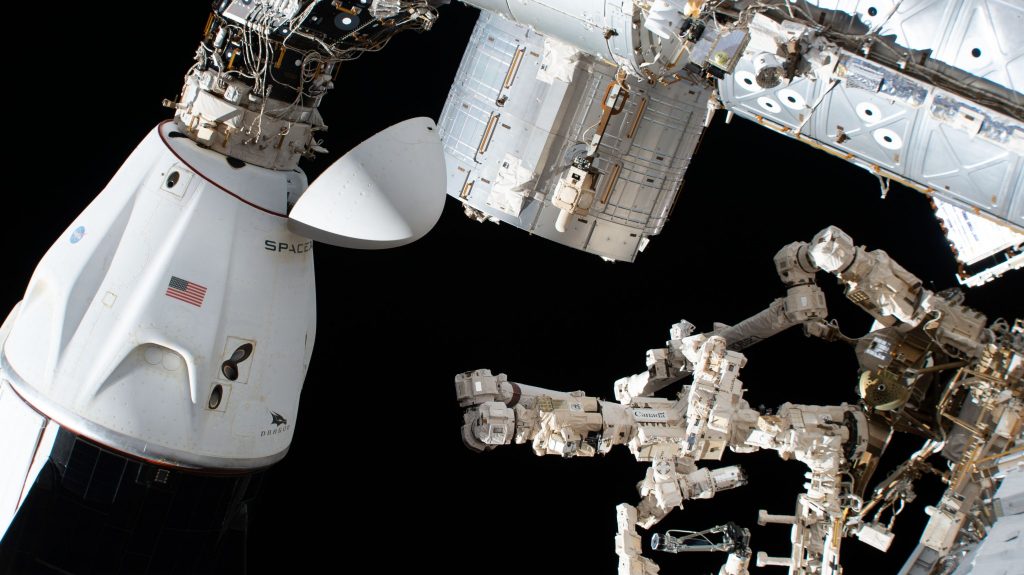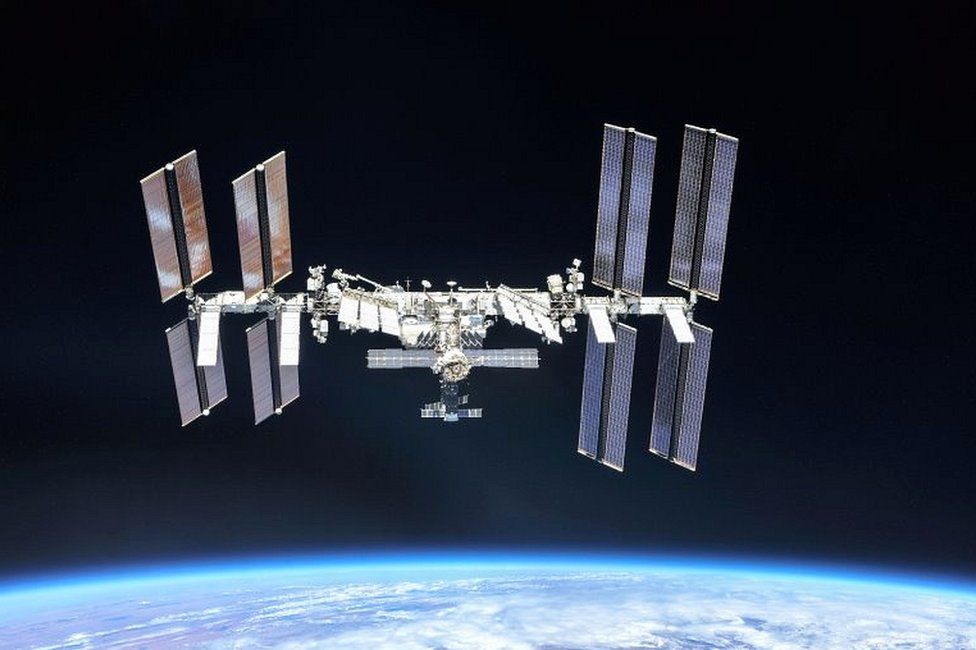Russian Satellite Explosion Causes International Space Station Panic
Liam Brucker-Casey
International News Editor/Assistant Editor-in-Chief
On November 15th, Russia destroyed one of its own space satellites, which led to condemnation by the United States. The destruction and subsequent debris led to fears of a threat to the International Space Station. Those on board the ISS took shelter in escape capsules as a precaution in case of a collision with the debris. US State Department Spokesperson Ned Price said that 1500 pieces of debris from the explosion were orbiting the Earth, and the ISS was passing through the debris field every 90 minutes. Price criticized the Russian action as “dangerous” and “irresponsible” while also stressing that the explosion not only jeopardized astronauts from other countries but also Russian lives, “I’m outraged by this irresponsible and destabilizing action…With its long and storied history in human spaceflight, it is unthinkable that Russia would endanger not only the American and international partner astronauts on the ISS but also their own cosmonauts.”
The satellite, Kosmos 1408, was launched by the USSR in the 1980s to aid radio surveillance.

A Russian official had initially denied that any explosion had occurred. While later a different official acknowledged the test but was dismissive of concerns, Russian Defence Minister Sergei Shoigu described the blast as not posing a risk to those onboard the ISS. The Russian military stated the explosion was a planned activity to strengthen its capabilities.
The debris is expected to remain in orbit for years, according to the US Space Command, this explosion, while especially outrageous considering the recklessness, is only another instance of dangers presented by space debris. Less than a week before the incident, the ISS was forced to dodge a piece of debris caused by a Chinese anti-satellite test in 2007.
The explosion was also thought to jeopardize Chinese astronauts’ safety in the Country’s Tiangong Space Station.
Contact Liam at liam.bruckercasey@student.shu.edu

